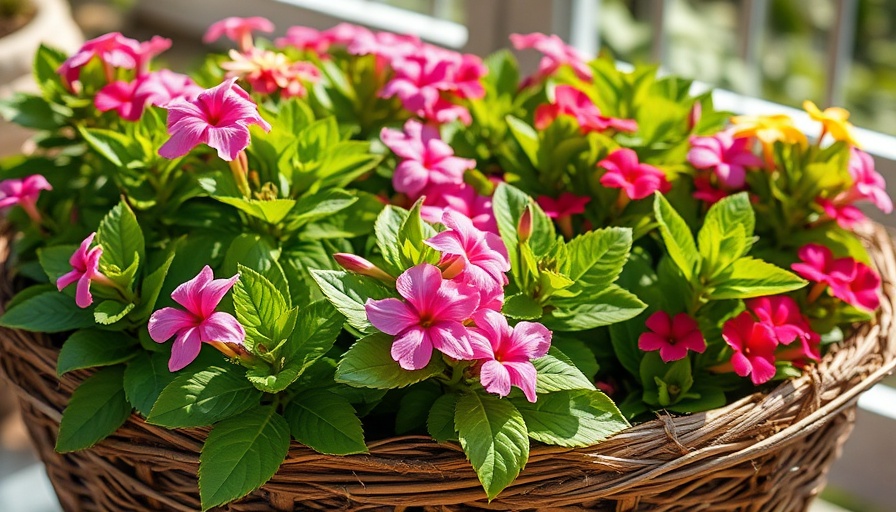
Unlocking the Benefits of Coconut Coir for Gardeners
Coconut coir, derived from the fibrous husks of coconuts, has emerged as a versatile and sustainable growing medium that gardeners love. Although it plays a significant role in the eco-friendly gardening movement, many enthusiasts still overlook its full potential.
Where It All Begins: Understanding Coconut Coir
Coir, pronounced as “coy-er” but often called “core,” is primarily sourced from countries like India and Sri Lanka, nurturing the coconut palms from which it's harvested. Traditionally, the fibers have been utilized in crafting items like baskets and mats, but in recent times, the horticultural industry has discovered innovative ways to use the leftover fibers and pith.
The process of creating coir involves soaking the husks to separate the strong fibers, leading to products like coco peat, coco chips, and coco poles. Coconut coir is indeed a marvel of recycling, transforming a potentially wasted byproduct into a beneficial resource for gardening.
Exploring the Garden Options of Coconut Coir
Gardeners can choose from various coir products that are available at your local garden center. Here are some of the most popular:
- Coco Peat: Often referred to simply as coir, it is a spongy, soilless medium that augments moisture retention, drainage, and aeration in the soil.
- Coco Chips: Excellent for potting mixes and mulching, these chips improve water retention in combination with improved drainage.
- Coco Poles: A popular choice for supporting climbing plants, these poles are naturally durable and can enhance any vertical garden.
Why Choose Coconut Coir?
Using coconut coir in your gardening projects comes with numerous benefits:
- Environmental Sustainability: Coconut coir is biodegradable and takes less time to produce than alternatives like peat moss, making it more sustainable.
- Soil Quality Improvement: This medium promotes better soil health and enhances water retention, supporting various garden types—from flower gardens to vegetable plots.
- Natural Pest Deterrent: Treating coir products can inhibit weeds, pests, and diseases, allowing for healthier plant growth.
Practical Tips for Implementing Coconut Coir
When incorporating coconut coir into your gardening routine, keep these tips in mind:
- Preparation: Before using coconut coir, it’s recommended to rehydrate it to optimize its moisture retention capabilities.
- Mixing: Mixing coir with regular soil can significantly enhance your garden's performance, providing the ideal balance between moisture and aeration.
- Storage: Store coir in a dry area to prevent mold growth and maintain its quality.
Future Trends in Sustainable Gardening
As more gardeners seek eco-friendly practices, the popularity of coconut coir is expected to rise, driven by a growing awareness of sustainable gardening practices. Innovations in processing and treating coir products can further enhance its appeal, making it a staple among organic gardeners.
How You Can Get Started with Coconut Coir Today!
For those wishing to explore the benefits of coconut coir in your gardening projects, now is the perfect time! Start by visiting your local garden center, where you can find a variety of coir products or consider an online vendor that offers comprehensive options.
Not only will you contribute to a healthier planet by choosing biodegradable products, but you will also witness the transformative effects on your garden's performance.
 Add Row
Add Row  Add
Add 




Write A Comment